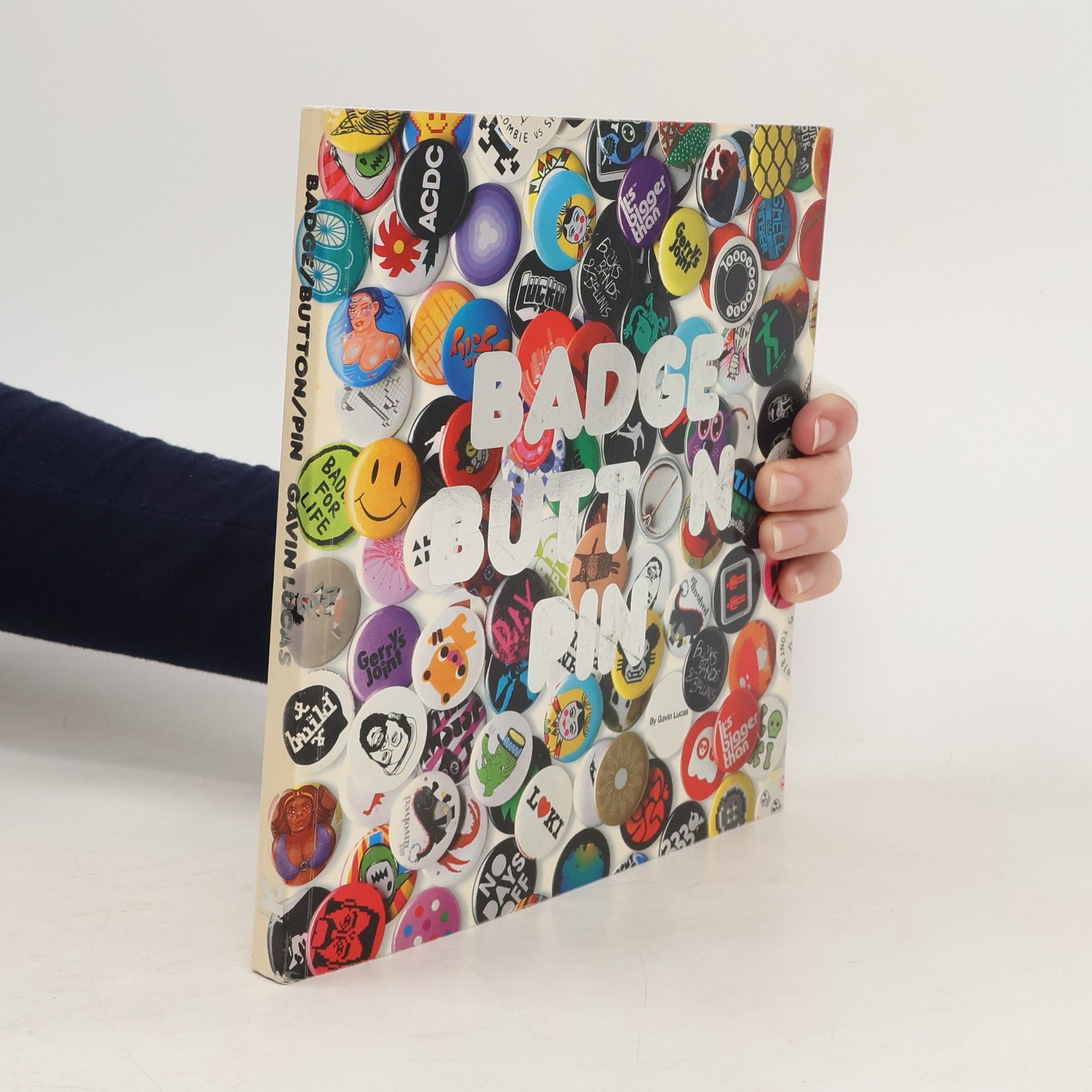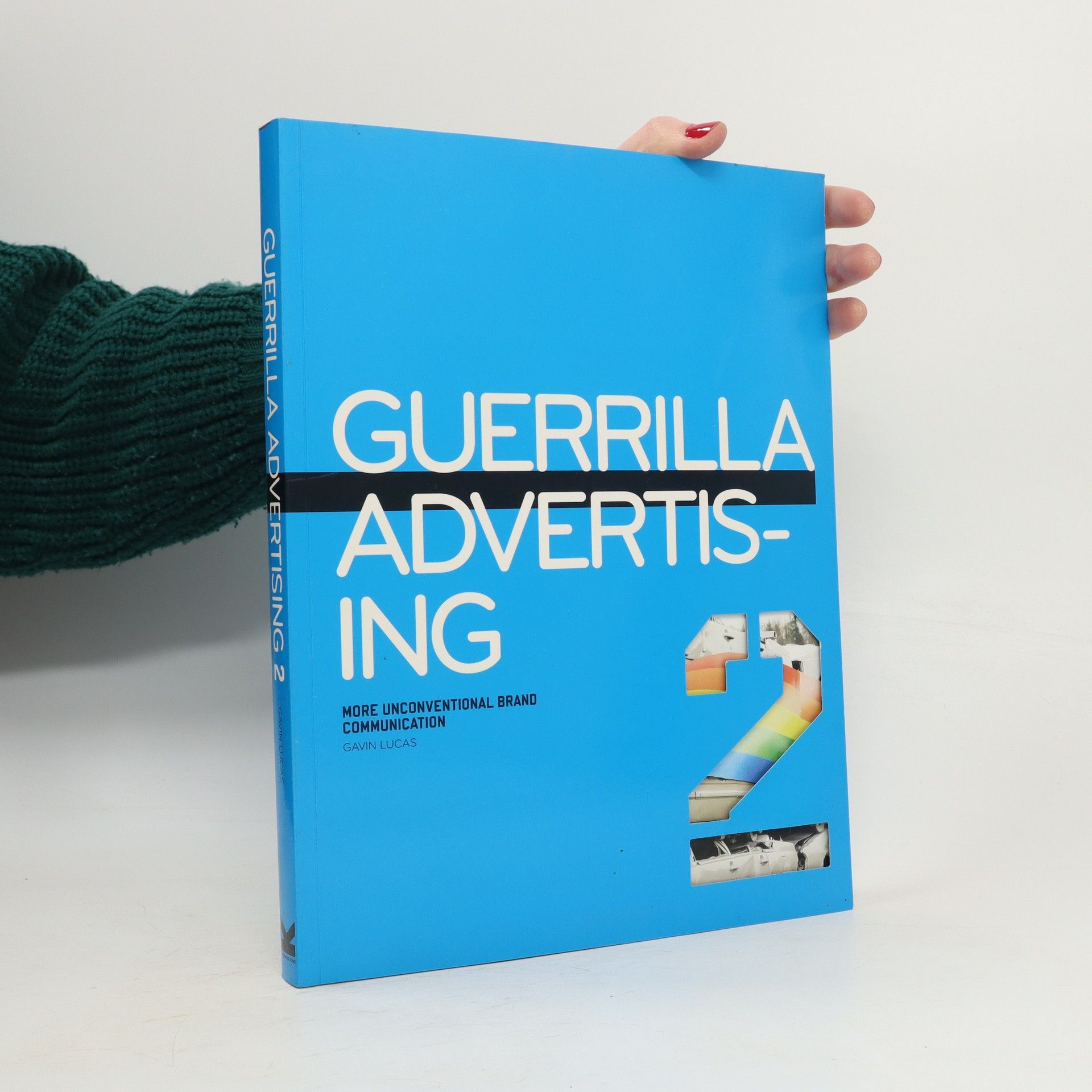Rad Rides
- 160pagine
- 6 ore di lettura
BMX bikes are iconic. There's something about them that appeals to kids, adults and cyclists. This title provides an exploration of the world of BMX bikes through their riders and the culture that surrounds them.
Gavin Lucas è Professore di Archeologia presso l'Università d'Islanda. I suoi principali interessi risiedono nel metodo e nella teoria archeologica, nonché nell'archeologia del mondo moderno, con un focus particolare sul Nord Atlantico.






BMX bikes are iconic. There's something about them that appeals to kids, adults and cyclists. This title provides an exploration of the world of BMX bikes through their riders and the culture that surrounds them.
Focusing on the integration of theory within archaeological practice, this introduction emphasizes that theory is not merely an add-on but a fundamental aspect of the discipline. It explores how theoretical frameworks are inherently connected to the methods and interpretations in archaeology, offering a fresh perspective on the subject.
Advertising is changing fast, in order to hold its own in an ever-changing media landscape. The traditional channels of TV, press and poster simply won't reach some target audiences. Instead, clients demand project-specific solutions involving social media networks, stunts in public places, street propaganda and more. This book showcases the varied and inventive tactics that are being used today by big-name brands, non-profit organizations and individuals to promote themselves, their ideas and their products. Projects include: giant afro combs stuck in topiaried shrubs to promote a play set in a barber shop; an inflatable pig wedged between two skinny Manhattan buildings to advertise dental floss; musical grooves in a road, only audible if you drive at the safe limit of 40 mph and street buskers launching a new Oasis album in New York. Over 70 international campaigns are featured, grouped according to their approach: Stunts, Street Propaganda, Sneaky Tactics, Site-specific campaigns and Multi-fronted attacks.
The advertising industry is in a state of flux. In an age where we can choose what media we consume, the traditional channels of TV, press and poster are no longer always the most effective methods for a brand to reach its target audience. As a result, global brands are opting to implement ever more inventive and original schemes to get their projects talked about. Microsoft covered Manhattan in butterfly stickers, Volkswagen made a car out of ice and parked it on a London street, and Adidas suspended two soccer players high above the streets of Tokyo for a death-defying faceoff. This book shows the best international examples of the varied and inventive tactics that are being used today by big-name brands, non-profit organizations and individuals to promote themselves, their ideas and their products. Over 70 international campaigns are featured, grouped according to their approach: stunts, street propaganda, sneaky tactics, site-specific campaigns and multi-fronted attacks.
Badges, buttons, and pins have been around for more than a century. Today they're on lapels and bags all over the world and in the sketchbooks and on the screens of some of the hottest graphic designers, artists, and illustrators. A button can be a way to display political or cultural affiliations, or it can be a fashion accessory. A guide to the best and most beautiful buttons being produced right nowbe they graphic, textual, or plain illustrativethis book explores the rich variety of uses of the button since the year 2000. It will appeal to graphic designers, illustrators, fashion designers, artists, music lovers, and button enthusiasts of all ages.
This book presents a conversation between two prominent archaeologists who have been exploring the concept of time in their discipline for several decades. It is a discussion on key issues of time in archaeology filtered through their unique perspectives, which sometimes meet and at other times, clash.
At its core, this volume reports upon three large-scale excavations at Fengate, Peterborough. These cast new light on Briton's premier Bronze Age fieldsystem and their results lead to significant reappraisal of facets of Pryor's earlier interpretations and, also, approaches to the period's land-use generally. Reflecting upon such crucial issues as the character of settlement, landholding/territory and power, their discussion is furthered by the book's summary presentation of other recent prehistoric fieldsystems projects within the East Anglian Fenlands. Indeed, greater contextual overview is provided by an in-depth interview contribution by the 'Fieldsystem Triumvirate' of the '70/80s: Richard Bradley, Andrew Fleming and Francis Pryor himself. In keeping with its series' groundbreaking directive of 'Historiography and Fieldwork', having access to Wyman Abbott's archival sources (augmented by his correspondence with E.T. Leeds), for the first time, his early 20th century investigations can now be fully incorporated with subsequent excavations. This historiographic perspective allows, moreover, for unique insights into Edwardian archaeological practices, particularly the impact of type-based methodologies - pots, pits and peoples - and even the lingering influence today of prehistoric 'type cultures' concepts.